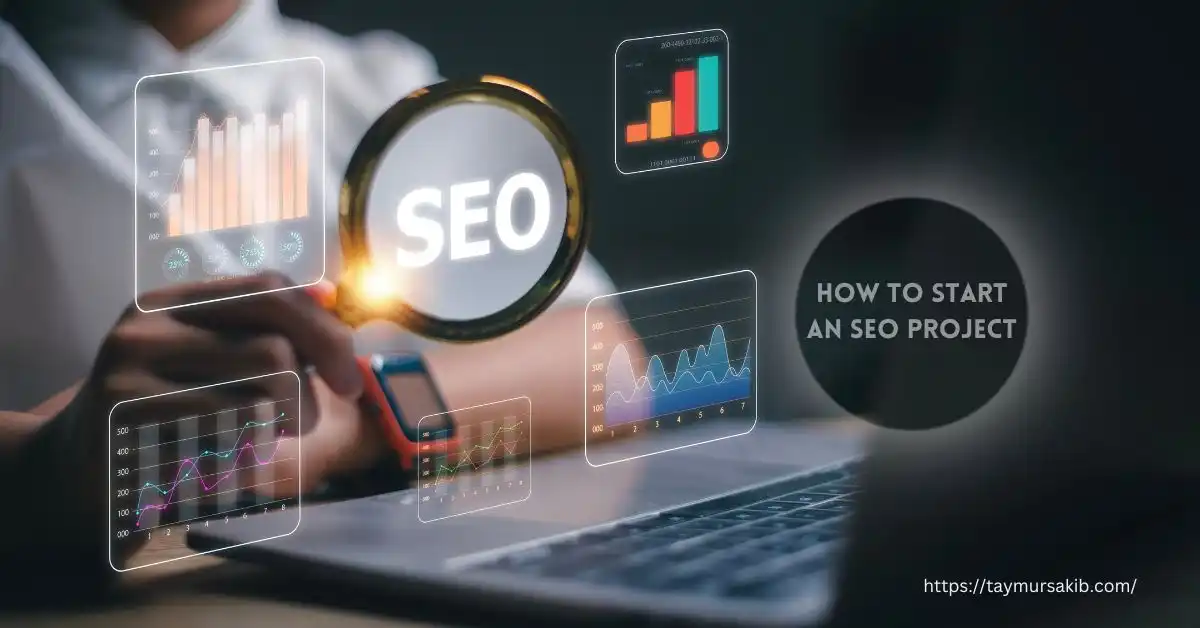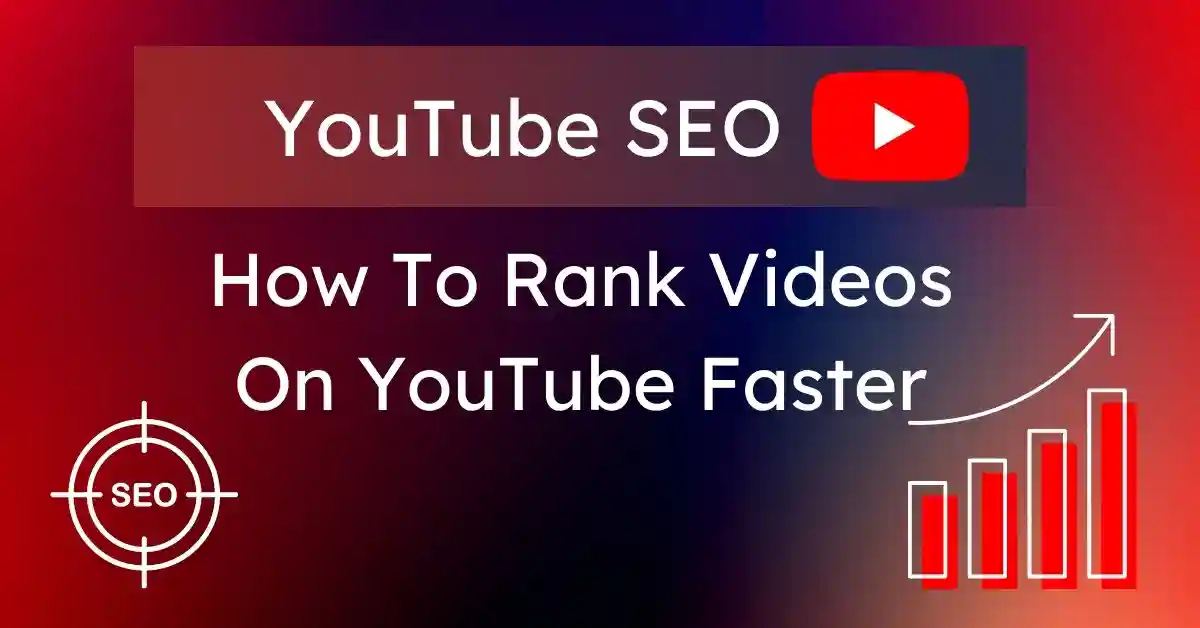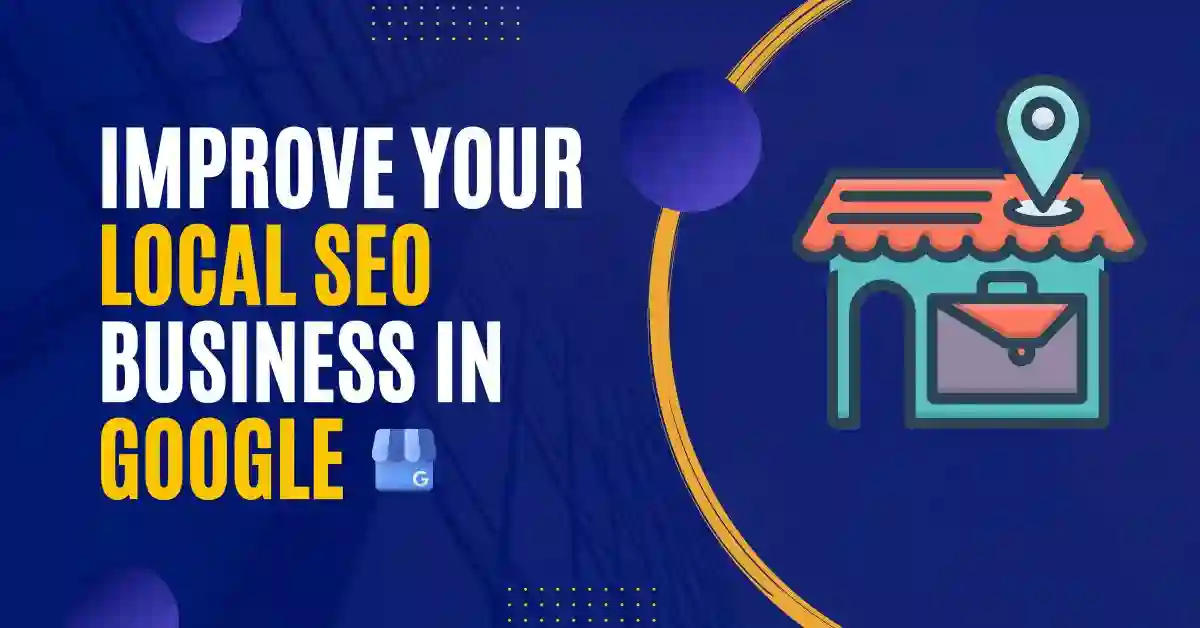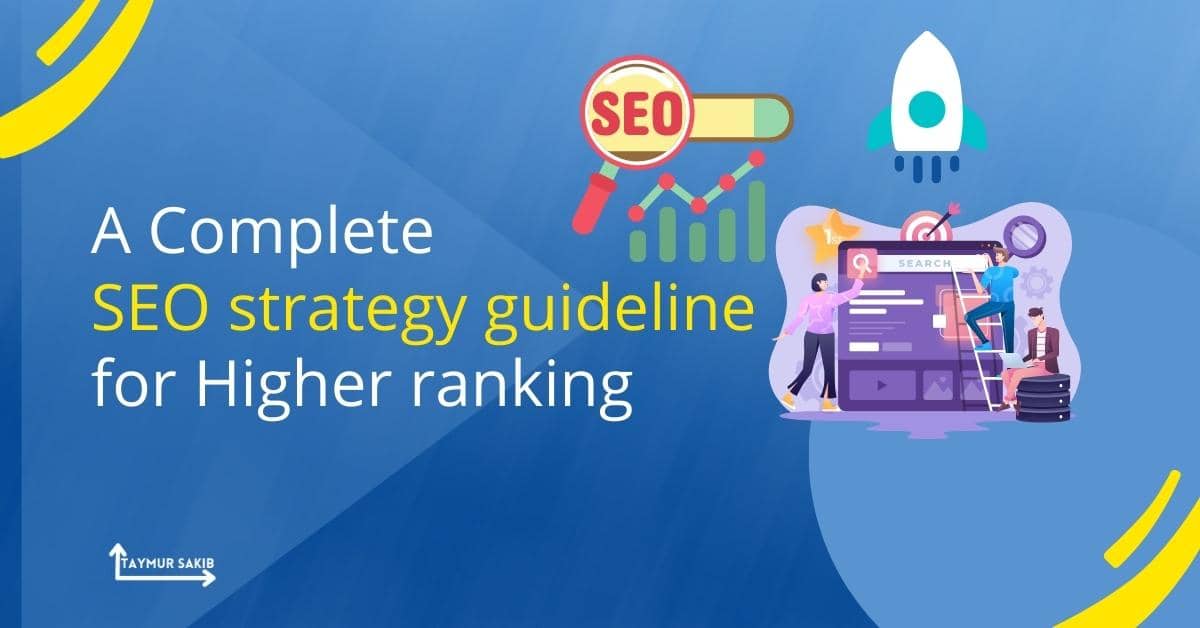How To Start An SEO Project: A Quick Action Guide
When starting a new project for SEO, it can be difficult to point out what to do and where to start.
You might be thinking that all you need is the right tools and a good understanding of what you want your website to achieve going forward.
However, as you can see there are many factors involved in creating a winning SEO project that can help you understand how SEO works and how you can achieve your first project goal.
So, In this guide, we will totally explain what makes up a practical SEO strategy for any business, brand, or organization.
1. Understanding The Business
The very first stage to starting an SEO project is to understand the business. This will help you understand what your client wants also how they want to deliver it.
- Understand the business goals and target audience that you’re working with: First of all, You should ask yourself, “What do my clients want for his website?
- What types of content do they find helpful for the audience? Also, how can I help them achieve those items quicker than others?”
- Even if you see there’s no direct competitor in your niche, there will still be a bunch of online guides that include lots of information about similar businesses.
These guides can act as sources for potential buyers who are looking for information on their own services or products online, Or even somewhere where they can learn more about you!
2. Website Audit
Start your SEO journey with a comprehensive website audit, the key to unlocking your site’s true potential. This in-depth analysis will identify obstacles hindering your search engine rankings and reveal areas ripe for improvement.
Consider this a roadmap to organic traffic success By identifying and solving these problems, you will pave the way for increased visibility and increased visitor numbers.
Don’t settle for superficial scans; Opt for an expert-led audit that uncovers your site’s intricacies. This subtle approach will uncover hidden problems that automated tools may miss.
Prioritize the most impactful actions and watch your site convert. With an experienced SEO guide by your side, you will navigate this process with ease.
Embrace the power of an SEO audit and unlock the limitless potential of your website.
3. Performance Analysis of Current Website
In this stage, you should do a performance Analysis of the Current Website. Such as…
- Check the website speed. How fast the website is? Is it taking much time to load? Does the website contain a lot of media files such as images, videos, or other flash files, and if so, can they be compressed to make them load quickly?
- Does the site take too long to load, mainly when content is added in bulk (like ads)? If so, do not forget to consider using CDNs which will reduce all latency across multiple locations around the world so that the audience doesn’t experience delays when loading pages from the site.
- Check bounce rate and conversion rate metrics of the site: These two metrics indicate how many people leave after visiting one webpage or article during a given period of time.
- A high bounce rate tells us that people are not discovering what they were looking for; whereas low bounce rates of any website suggest something else may be occurring here. Either because someone found something interesting enough about our product after visiting our site
4. keywords Research
It goes without saying that keyword research is a must-have tool in any kind of SEO project.
It allows you to understand what people are searching for with any query, which keywords obtain the most traffic from SERP, and how competitive your chosen queries are.
Get started with keyword research. It’s best to understand what you want to know before starting.
For example: If you want to get an idea about what users think when asking “How can I grow my business?” By asking what kind of content are they exploring on Google.
So it’s important that you know what type of content (eg, article or ebook) this query applies to.
5. Competitors to Analyze
Once you get a basic knowledge of your competitors and their activities, it’s high time to analyze them. Firstly you should visit their website.
It can be done through various pages on their site, but if you also want to make sure nothing essential is missed, just type the URL of their website into Google and see what results come up.
You will be able to notice precisely where each page is positioned within the website hierarchy plus how many periods of time it has been viewed.
After doing this for all of your competitors’ you can analyze each one separately by clicking through and checking out items like:
- Keywords: For the keywords your client wants to rank on Google, you need to find your competitors who are already ranking for the same keywords. For example, if your competitors already rank for the keyword “tech company”, then your task is to list the first 5 competitors.
- Then look at the word count of the article they ranked with.
- Checking their keyword density.
- How many backlinks do they have etc?
Above I just highlighted some, there are many more factors to do competitor analysis.
6. Technical SEO
Technical SEO stands for website and server optimization to help search engine spiders crawl and index any website more precisely or more effectively to help improve the website’s organic rankings. Some technical SEO factors include…
- Use SSL
- Check the site Loading speed: If the site is slow you have to make the website load faster.
- Setting the sitemap.
- Fix Duplicate Content Issue
- XML Sitemap: If the site doesn’t have a sitemap then do not forget to create it.
- Structures Data: It’s very important for any website. Structures Data is one type of code that helps search engines better understand the content on it.
- Set up Google Search Console and Bing Webmaster for your site.
Actually, these are the most valuable parts of Technical SEO. So, make sure these are set up perfectly for your site.
7. On-Page Optimization
Another factor of SEO is On-page Optimization which improves your SEO by making sure that your website webpage and content are relevant, visible to everyone, and as useful to search engines as possible.
On-page optimization includes:
Some of the most important On-page SEO factors:
- URL Optimization: Use a short URL but do not forget to use the keyword in url.
- Title: Use Title but consider using keyword at the beginning of your title.
- Meta descriptions: Write effective meta description by properly placing keywords in your meta description.
- Use your target keyword within the first 100 words of your content.
- keyword density: You should maintain an appropriate keyword density when writing content.
- Content: Make content that satisfies user intent and helps them find answers through your content.
- Links: Do proper internal and outbound links within your content.
- Optimize images for Google.
Use them perfectly to maintain your best SEO practice.
8. Off-Page Optimization
Once you have an SEO project that is ready to go, you should optimize your website for search engines.
This includes adding links back to your website from other websites that are relevant to your site and social media posts, as well as creating internal links within the content of your own website.
To do this task effectively, Consider using an external link-building tool like Ahrefs’ Site Explorer or SEMRush’s Link Prospector tools. These two tools are really all-in-one tools ever.
These online tools can help you discover all the external links that exist on any given page of your site and deliver insight into how many people are linking directly through anchor text.
The most important aspect of Off-Page optimization is to take backlinks from Authority sites.
Related Articles:
Important Things to Remember
You might be thinking that these are all the factors above to start a new SEO project.
In fact, an important thing to say is that all the things I have covered above are the must-do’s of SEO. There are many other factors in SEO that I think you will learn as you work.
And you know that SEO is constantly changing, so you have to stay up-to-date with SEO.
What Next…
We hope this article has been very helpful in giving you a clear overview of how to start a new SEO project and how you can do all the necessary things yourself. I think this way you can completely do the project yourself and overall make your clients happy.







